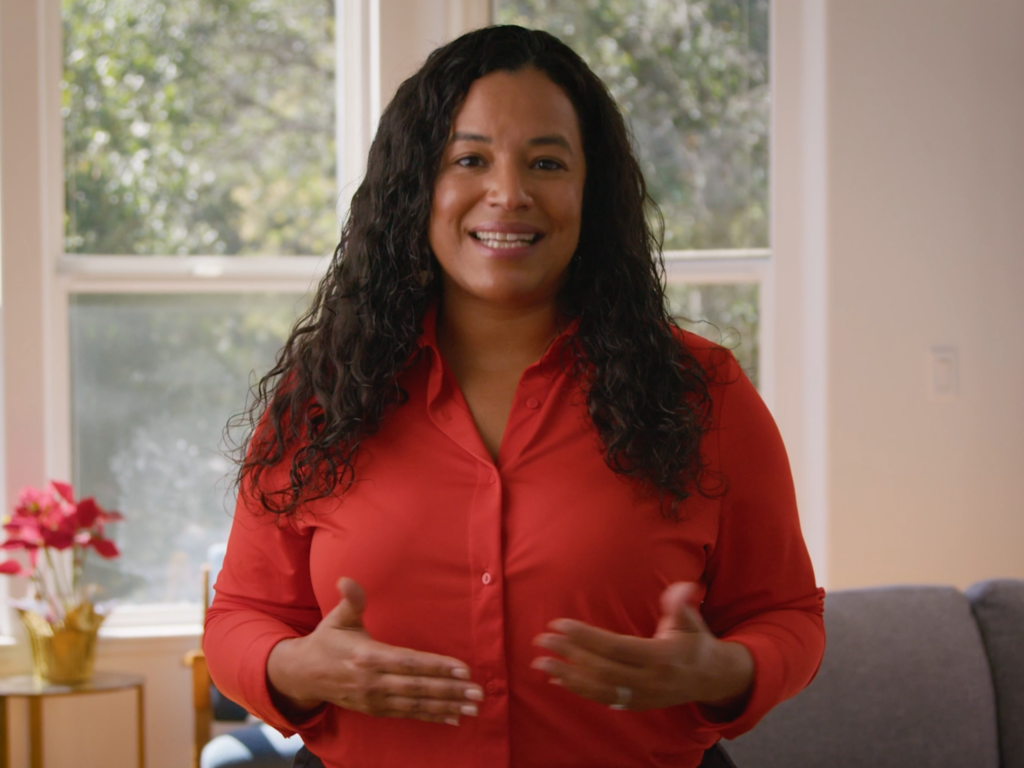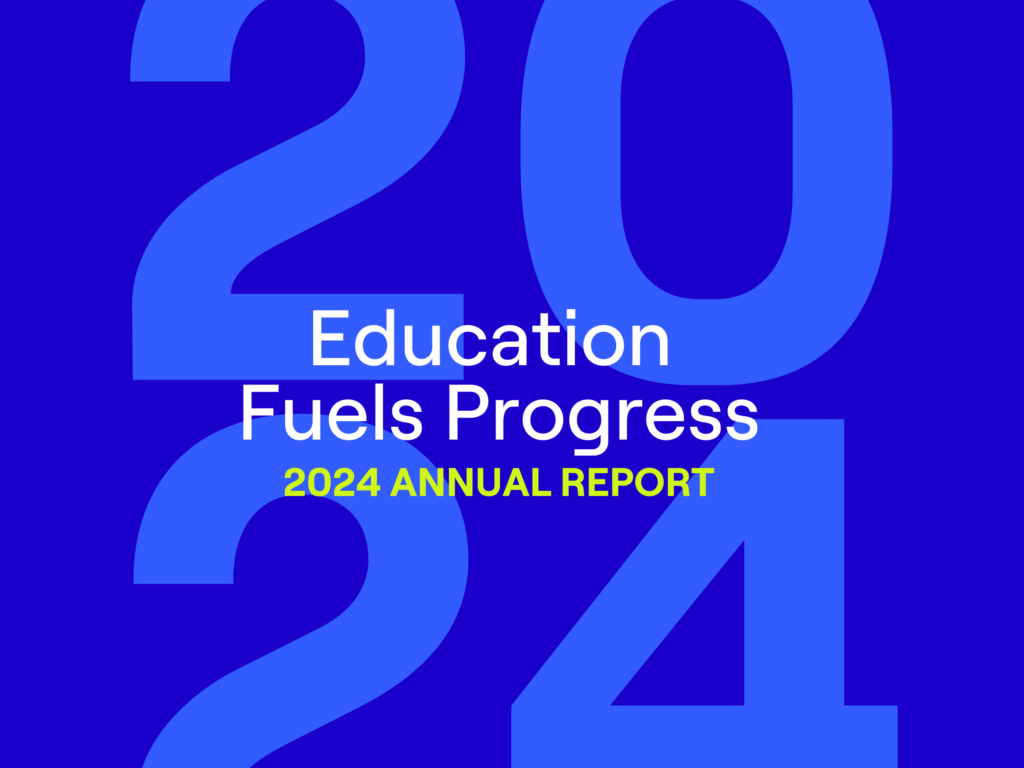A few years ago, I read a column by Bill Simmons (the Sports Guy of Grantland/ESPN fame), wherein he described his inexplicable resistance to watching new television shows that friends recommend to him. Because of this trait, Simmons failed to watch The Wire or Breaking Bad until they were well into their third or fourth seasons, two shows that he now hails as masterpieces (because they are). Despite some furious Googling this morning I couldn’t find Simmons’ post, but his basic point was that the discovery of a new show or hobby needs to unfold organically, as the result of one’s own interest and pursuits, rather than through the prodding of others. Of course we listen to the recommendations of friends and other trusted sources of information, but when it comes to actually adopting something – whether a new television show, cell phone, or medical provider – we like to decide for ourselves.
 This thought has been bouncing around my head lately as I’ve pored over the new, $400 million Race to the Top-District competition recently announced by the Department of Education. This particular version of Race to the Top is unique in two ways. First, school districts and consortiums of districts can directly apply for grants, whereas the previous RTT competition was open only to states. Second, applicants are required to develop a “coherent and comprehensive” plan to foster “personalized learning environments” for students. (For additional RTT-D details, you can read the draft contest rules or watch my general overview and selection criteria screencasts.)
This thought has been bouncing around my head lately as I’ve pored over the new, $400 million Race to the Top-District competition recently announced by the Department of Education. This particular version of Race to the Top is unique in two ways. First, school districts and consortiums of districts can directly apply for grants, whereas the previous RTT competition was open only to states. Second, applicants are required to develop a “coherent and comprehensive” plan to foster “personalized learning environments” for students. (For additional RTT-D details, you can read the draft contest rules or watch my general overview and selection criteria screencasts.)
You will find no bigger cheerleaders for personalized learning than those of us here at NewSchools Venture Fund. Whether it’s through the growth of blended/hybrid schools and new models that merge the traditional bricks-and-mortar (and playground) experiences of traditional school with computerized instruction, or through support for specific technologies that provide for differentiated instruction tailored to needs and learning modes of individual students, we firmly believe personalized learning has the potential to transform our entire education system. Unsurprisingly, then, we are excited that the Obama Administration shares this enthusiasm and we support the intent of RTT-D to foster personalized-learning environments, whether technology-centric (as we tend to favor) or not.
And yet, precisely because we’ve been at the forefront of personalized learning innovations, we are worried that personalized-learning policy may be racing ahead of the field. Our precise concerns are laid out in this letter joined by more than 15 education-innovation organizations and thought leaders, but the main point is simply this: we need to support the growth of personalized learning organically. The RTT-D competition as presently conceived asks districts to design comprehensive plans to foster personalized-learning environments, but as the Scottish poet Robert Burns presciently observed, even the best laid plans of mice and men often go awry. And the risk of personalized learning plans going awry is heightened all the more if those plans are forced upon educators against their will and without their input.
For these reasons, NewSchools and the edu-innovation coalition is urging the Department to make RTT-D more flexible by issuing grants to districts that will encourage the voluntary adoption of personalized learning strategies by teachers and principals. Under what we’re calling the “toolbox” approach, districts would select and purchase various personalized learning tools and services and make these tools available to educators through a common platform. The contracts with vendors would also be heavily laden with incentives for actual adoption and performance, to ensure an ongoing collaborative relationship between the personalized learning vendor and the true end user. In other words, and to use language Bill Simmons would understand, winning RTT-D districts would recommend the personalization equivalents of The Wire and Game of Thrones, but it’s up to the educators whether to watch – er, use – them.
One final point. In the policy world, I often hear cries to develop education policies that are truly educator-centric, that take into account the teacher voice. And we ask our teachers to do a job that is extraordinarily demanding, at relatively low pay, in environments that are often dysfunctional. Imagine instead if we could empower them with the opportunity to experiment and innovate with different tools and models of instruction, and (for the great ones) offer the vision of one day being able to share their craft far and wide with other professionals? In my view, that is the true value of personalized learning: the potential to transform our education system into a massive laboratory of skilled professionals prototyping new ideas and strategies to meet the unique needs of every student. Whether through RTT-D or other policies, we should be striving to make that vision our reality.


